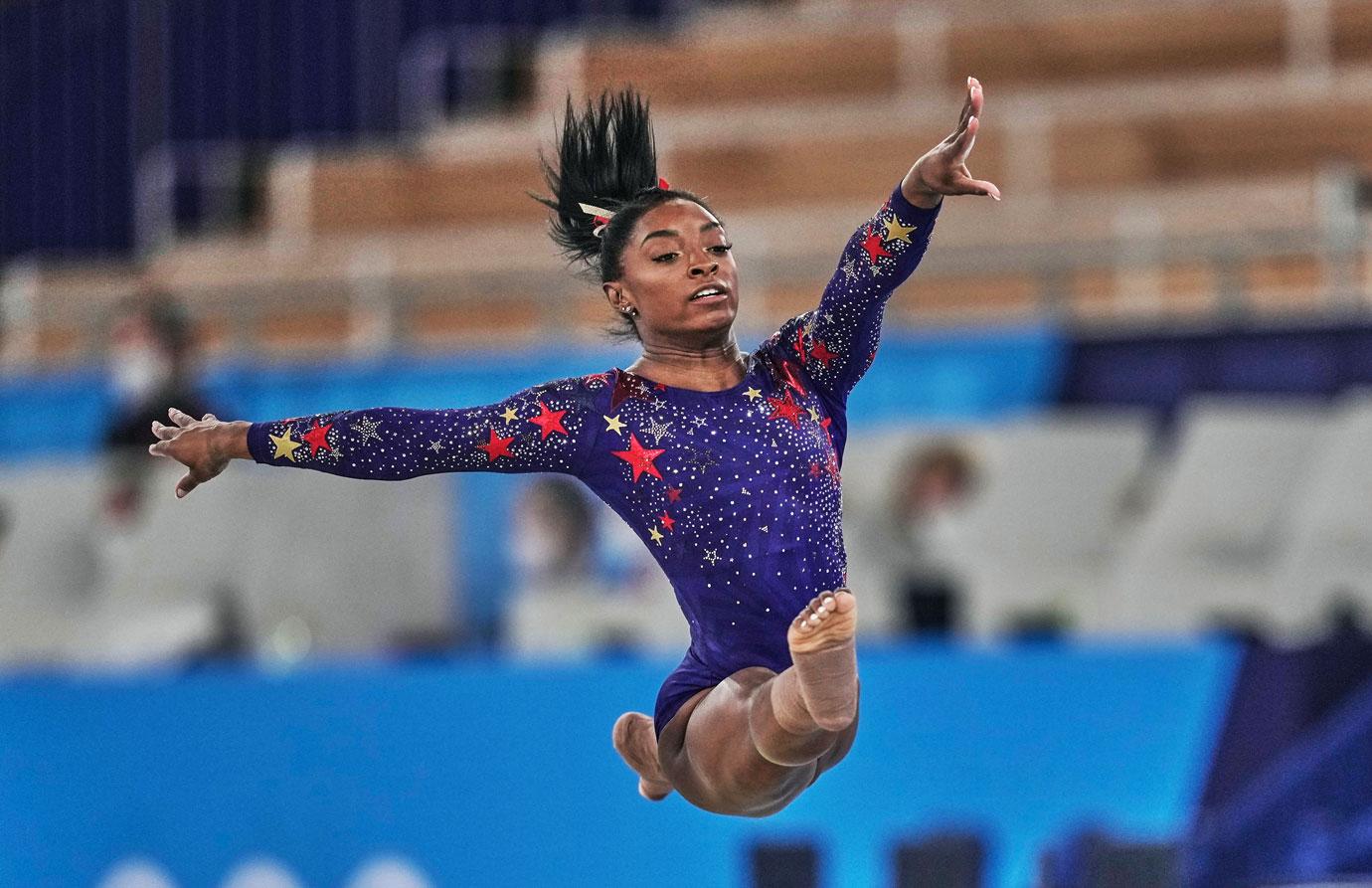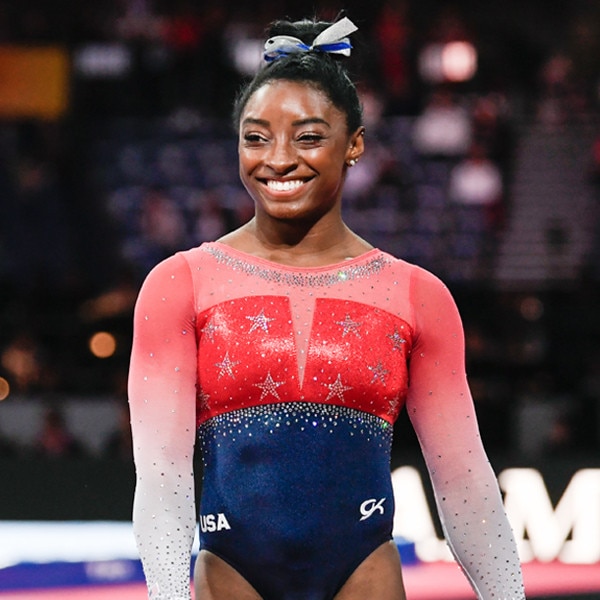

The Olympic Games then brings added pressure with the whole world watching and an athlete’s home country eager to see a gold medal performance. Most elite athletes spend almost their entire lives trying to reach peak performance, which they hope will translate into qualifying for the Olympics. “I can’t imagine how hard that was for her to pull out today, but I’m proud of her.”įor many athletes, prioritizing mental health can be challenging in a sports culture that teaches them to push through any adversity. “It’s really dangerous to say, ‘I feel really off today, I’m just going to ignore that and push myself anyways,’ and that’s when injuries can occur,” said Raisman. She received words of encouragement from fellow Olympic gold medalists such as gymnast Aly Raisman, swimmer Michael Phelps and speedskater Apolo Anton Ohno.ĭuring an interview with CNN host Jake Tapper on Tuesday, Raisman said she was proud of her former teammate for knowing her limits. Others, however, heralded Biles for prioritizing her health. He later deleted the tweet and apologized. Some called Biles a “quitter.” The deputy attorney general from her home state of Texas, Aaron Reitz, went so far as to call the 24-year-old “childish” and “selfish” in a Twitter post. However, on Thursday, Biles announced that she would not compete in the competition in order to “focus on her mental health,” according to USA Gymnastics. “We’re going to take it one day at a time,” she said. “It’s been really stressful, this Olympic Games,” she added, noting that the COVID-19 pandemic has made the dynamic of the competition different, particularly with the absence of fans and family members in the stands.Īt the time, she left the door open to competing in the individual all-around event. … They should be really proud of themselves,” she said on Tuesday.

So I thought it was best if these girls took over and did the rest of the job, which they absolutely did. “I didn’t want to do something silly out there and get injured. USA Gymnastics announced on Tuesday that Biles would withdraw from the team final competition due to a “medical issue.” The announcement from the athletic body came following a performance by Biles on the vault, after which she pulled on a white sweatsuit to cheer on her other teammates for the event.īiles later told reporters that she had been “fighting all those demons.”

The pressure on elite athletes such as Biles is “unimaginable,” Stribling added, but “still relatable.” “We associate athletes with an exceptionally high degree of self-awareness about what it means to be in top fitness in regard to their health, and I think that this is the perfect way to advance our understanding that our mental health is health,” Schroeder Stribling, CEO of Mental Health America, told The Hill.

gymnast Simone Biles’s decision to pull out of the team competition at the Olympics due to mental health issues shocked Americans who were expecting to see the world champion snag as many as six gold medals at the Tokyo Games.īut health advocates and sports experts say the move by the decorated athlete has helped put the issue of mental well-being front and center, shining a light on the struggles faced by both high-level athletes and everyday Americans.


 0 kommentar(er)
0 kommentar(er)
